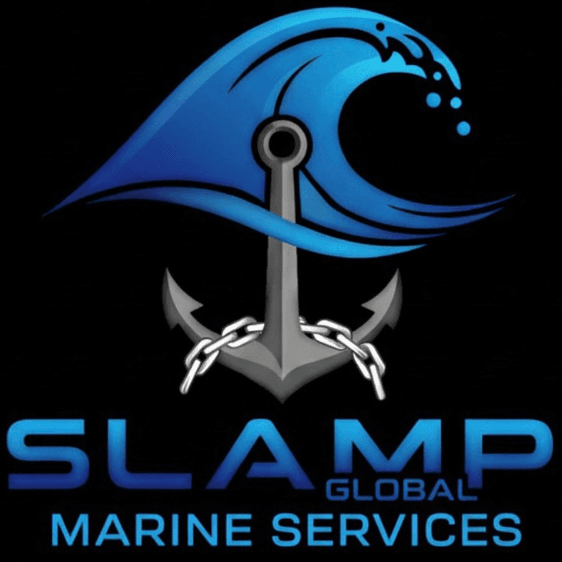Adapting to Seasonal Changes: Preparing Marine Operations in the UAE
SG
Understanding the Impact of Seasonal Changes
Marine operations in the UAE are significantly influenced by seasonal changes due to the region's unique climate. With temperatures ranging from scorching summers to mild winters, operators must adapt their strategies to ensure safety, efficiency, and sustainability. Understanding these seasonal dynamics is essential for maintaining optimal marine operations throughout the year.
During the summer months, high temperatures and increased humidity levels can pose challenges for equipment and personnel. It's crucial to implement measures that protect both human resources and machinery from extreme weather conditions. Transitioning into the winter season, operators may face different challenges, such as fluctuating sea conditions and cooler temperatures.

Preparing for Summer Operations
Summer in the UAE can be particularly harsh, with temperatures often exceeding 40°C. To prepare for these conditions, marine operators should focus on several key areas:
- Hydration and Health: Ensuring that all personnel have access to adequate hydration and rest is critical. Implementing regular breaks and providing shaded areas can help prevent heat-related illnesses.
- Equipment Maintenance: High temperatures can cause equipment to overheat or malfunction. Regular maintenance checks and using heat-resistant materials can mitigate these risks.
- Operational Adjustments: Consider adjusting operational schedules to avoid peak heat periods, typically between noon and 3 PM.
Adapting to Winter Conditions
While the winter months in the UAE are milder, they bring their own set of challenges, particularly concerning sea conditions. Changes in wind patterns and sea currents can affect navigation and increase the risk of rough seas.
Operators should ensure that vessels are equipped with advanced navigation systems and that crews are trained to handle unexpected changes in marine conditions. Additionally, conducting regular safety drills can prepare personnel for emergencies that may arise due to adverse weather.

Implementing Seasonal Safety Protocols
Safety should always be a priority in marine operations, but it's especially important during seasonal transitions. Implementing comprehensive safety protocols can help mitigate risks associated with changing weather conditions.
These protocols should include regular weather monitoring, risk assessments, and emergency response plans. Ensuring that all crew members are familiar with these protocols can enhance overall safety and operational efficiency.
Embracing Technological Advancements
Utilizing technology can greatly aid in adapting to seasonal changes. Advanced weather forecasting tools and real-time data analytics can provide operators with crucial information to make informed decisions.

Moreover, investing in automated systems can streamline operations and reduce human error, further enhancing safety and efficiency. By staying informed about technological advancements, marine operations in the UAE can better prepare for and adapt to seasonal changes.
Conclusion
Adapting to seasonal changes is essential for ensuring the success of marine operations in the UAE. By understanding the challenges posed by different seasons and implementing strategic measures, operators can maintain safe and efficient operations year-round. Whether it's through enhanced safety protocols, technological innovations, or operational adjustments, being proactive is key to thriving in this dynamic environment.
